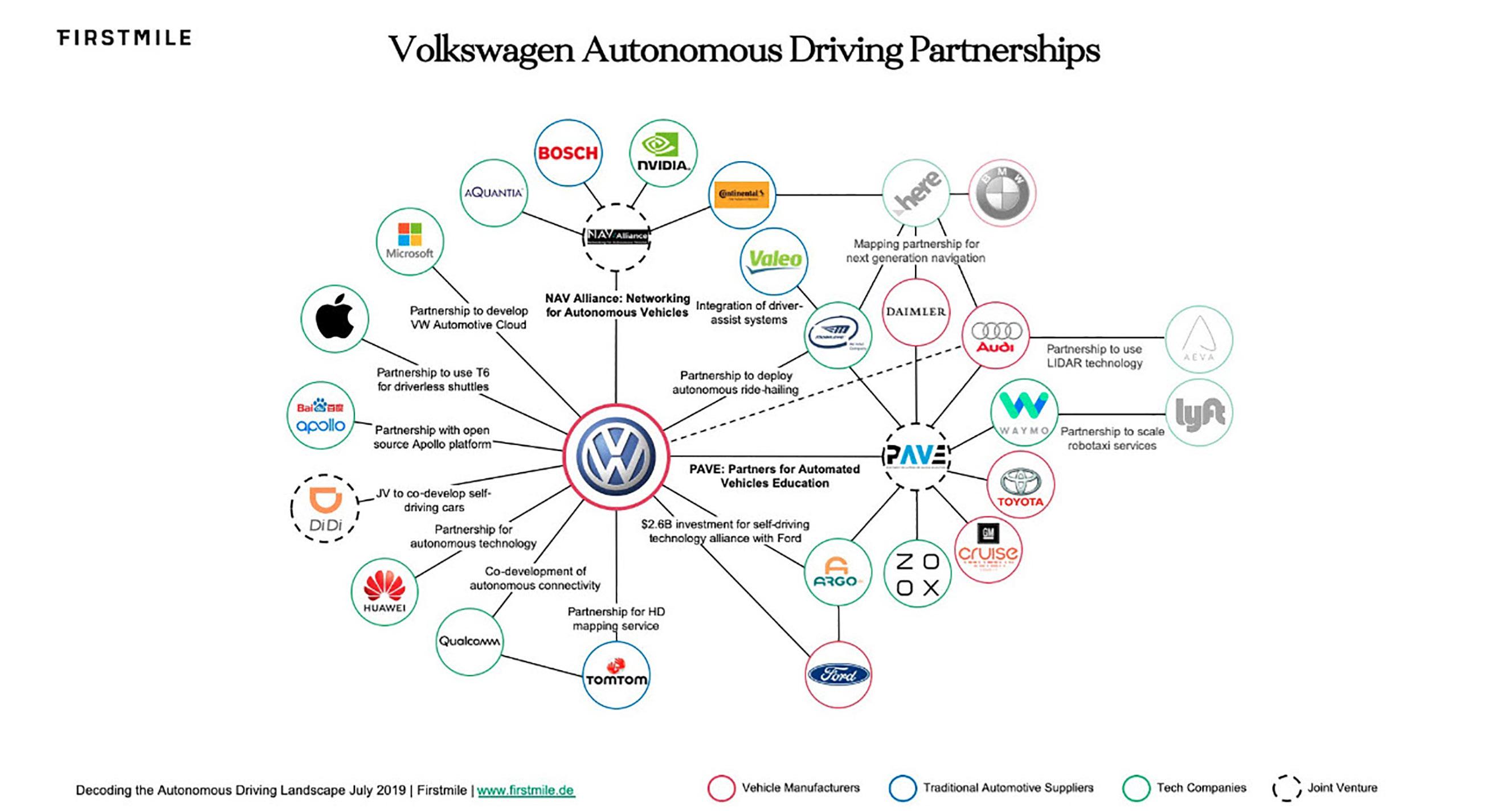BI MARKETING MAGAZINE 2020
The do’s and don’ts for marketing in a recession The coronavirus outbreak is firstly a human health tragedy, but has far-reaching economic consequences as well. It is high time companies start developing marketing strategies for the difficult times ahead.
Although governments and central banks have gone to great lengths to mitigate any adverse economic consequences, the IMF predicts that the global economy will contract sharply by 3 percent in 2020. Since the 2000s, researchers have extensively studied the interrelationships between business cycles, marketing strategy, and firm and brand performance. By reviewing this literature, marketing managers can learn from past recession survivors and victims, and find practical advice for confronting a new and more difficult economic reality.
MARKETING PERFORMANCE IMPLICATIONS Consumers respond to crises in different ways. They cut back the total quantity of products and services purchased; they shift budgets across catego-
16
ries, switch to cheaper brand (or store) alternatives within the category, and/or postpone purchases. Certain expenditures, like durables and tourism, are highly sensitive to business cycles. Consumers shift their budgets from positional (status-conveying) products to non-positional ones, and from discretionary to more necessary products, even if their total budget remains the same. Consumers may switch quickly from expensive national brands to cheaper store brands, yet they are slow to switch back. Several factors contribute to this phenomenon. Consumers lose trust quickly and only gain it slowly. People will also need to pay off their debts before increasing their spending again. Similarly, troughs may be deeper than the peaks are tall.
AUKE HUNNEMAN, Associate Professor, Department of Marketing
Consumers react much more strongly to losses than to comparable gains. This feature of our consumer psychology may cause households to reduce their spending in bad times, while only moderately changing their spending in a subsequent upturn. Knowing this, we should look at how firms can respond.
MARKETING SPENDING AND MARKETING MIX EFFECTIVENESS Firms often cut their marketing budgets in difficult times, while research shows that these periods provide great opportunities for strengthening your position by going against the tide. Still, many may not have the means to increase spending. For these firms, it is more useful to know which marketing activities give the biggest bang for their buck. So, what actions are most effective?
Advertising Advertising is often seen as a cost rather than an investment. In addition, if fewer competitors engage in advertising, firms believe that lower budgets may suffice because one can obtain the same share of voice with less money. There is also the low commitment and flexibility in advertising contracts. Is cutting your budget a wise decision, though? The literature is not conclusive; some studies find lower long-term advertising sensitivity in recessions, which would call for reduced spending, whereas others find the exact opposite. These contradicting findings are hardly surprising if you look at what determines optimal advertising spending: 1) unit contribution margin, 2) expected sales, and 3) advertising elasticity.












